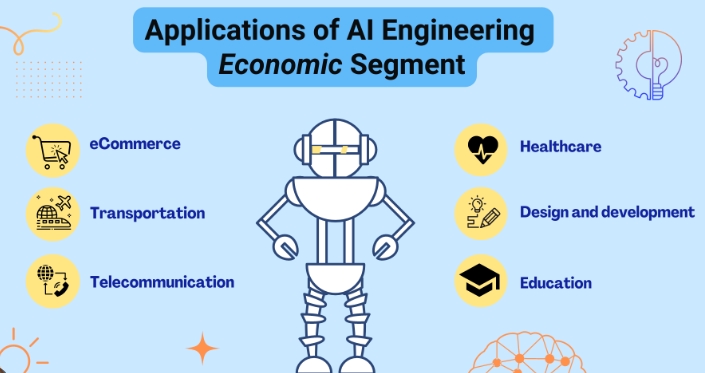The rise of artificial intelligence (AI) has transformed numerous industries, and engineering is no exception. By integrating AI into various engineering processes, organizations can enhance efficiency, improve decision-making, and reduce costs. This blog post explores how AI is reshaping the engineering landscape across several applications.
Engineering Design Optimization
One of the most impactful applications of AI in engineering is design optimization. Engineers can utilize algorithms that simulate different design scenarios, allowing them to evaluate multiple iterations of a product rapidly. For instance, AI can analyze thousands of structural designs for a bridge, optimizing factors like material use, weight distribution, and safety. This application not only saves time in the design phase but also leads to more innovative solutions that might not have been discovered through traditional methods.
Predictive Maintenance
Another critical area where AI is making waves is predictive maintenance. In sectors like manufacturing and construction, equipment downtime can be costly. AI technologies monitor machinery performance in real-time, analyzing vast amounts of data to predict when a machine is likely to fail. By identifying potential issues before they result in costly breakdowns, companies can schedule timely maintenance, extend equipment lifespan, and ultimately save significant costs. This proactive approach enhances reliability and productivity within engineering operations.
Efficiency in Project Management
AI also plays a pivotal role in enhancing project management within engineering. By using advanced analytics and machine learning, AI can help teams forecast project timelines, allocate resources efficiently, and track progress. For example, AI-driven software can analyze past project data to provide insights into potential risks or delays, helping project managers make informed decisions. This not only streamlines workflows but also boosts communication among team members, ensuring that projects stay on track and within budget.
In conclusion, the engineering applications of artificial intelligence are vast and varied, contributing to innovation, efficiency, and cost-effectiveness in the field. As technology continues to advance, staying informed about these trends will empower engineers to harness AI’s full potential. If you’re interested in exploring how AI can benefit your engineering processes, consider visiting resources or courses that delve deeper into this exciting intersection of technology and engineering.

